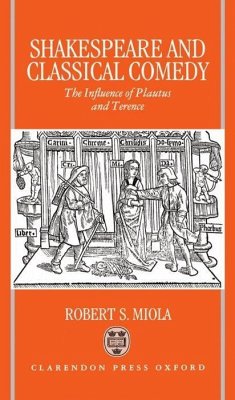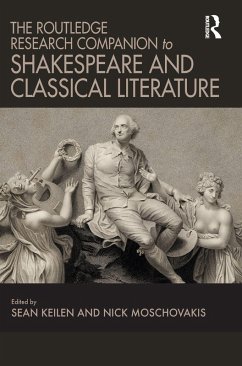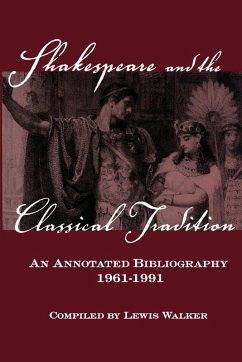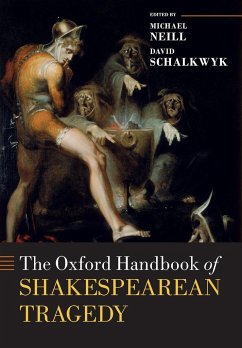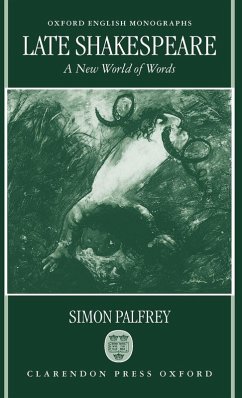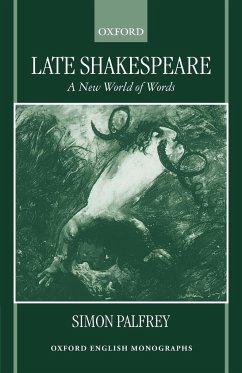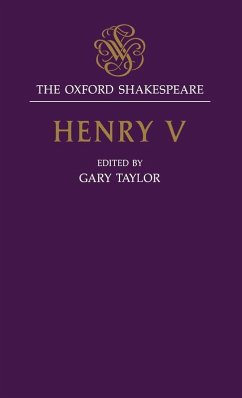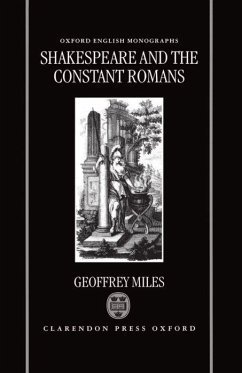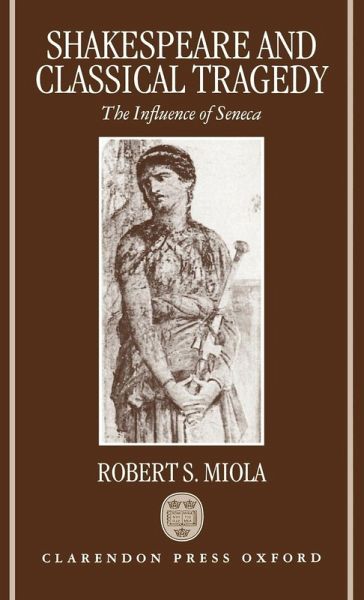
Shakespeare and Classical Tragedy
The Influence of Seneca
Versandkostenfrei!
Versandfertig in 1-2 Wochen
210,99 €
inkl. MwSt.

PAYBACK Punkte
105 °P sammeln!
This book charts the influence of Seneca - both as specific text and inherited tradition - through an analysis of Shakespeare's tragedies. Discerning patterns in previously attested borrowings and discovering new indebtedness, it presents an integrated and comprehensive assessment. Familiar methods of source study and a sophisticated understanding of intertextuality are employed to re-evaluate the much maligned Seneca in the light of his Greek antecedents, Renaissance translations and commentaries, and dramatic adaptations, especially those of Chapman, Jonson, Marston, Garnier, Cinthio, and Do...
This book charts the influence of Seneca - both as specific text and inherited tradition - through an analysis of Shakespeare's tragedies. Discerning patterns in previously attested borrowings and discovering new indebtedness, it presents an integrated and comprehensive assessment. Familiar methods of source study and a sophisticated understanding of intertextuality are employed to re-evaluate the much maligned Seneca in the light of his Greek antecedents, Renaissance translations and commentaries, and dramatic adaptations, especially those of Chapman, Jonson, Marston, Garnier, Cinthio, and Dolce. Three broad categories organize the discussion - Senecan revenge, tyranny, and furore - and each is illustrated by an earlier and later Shakespearean tragedy. The author keeps in view Shakespeare's eclecticism, his habit of combining disparate sources and conventions, as well as the rich history of literary criticism and theatrical interpretation. The book concludes by discussing Seneca's presence in Renaissance comedy and, more important, in that new and fascinating hybrid genre, tragicomedy.



